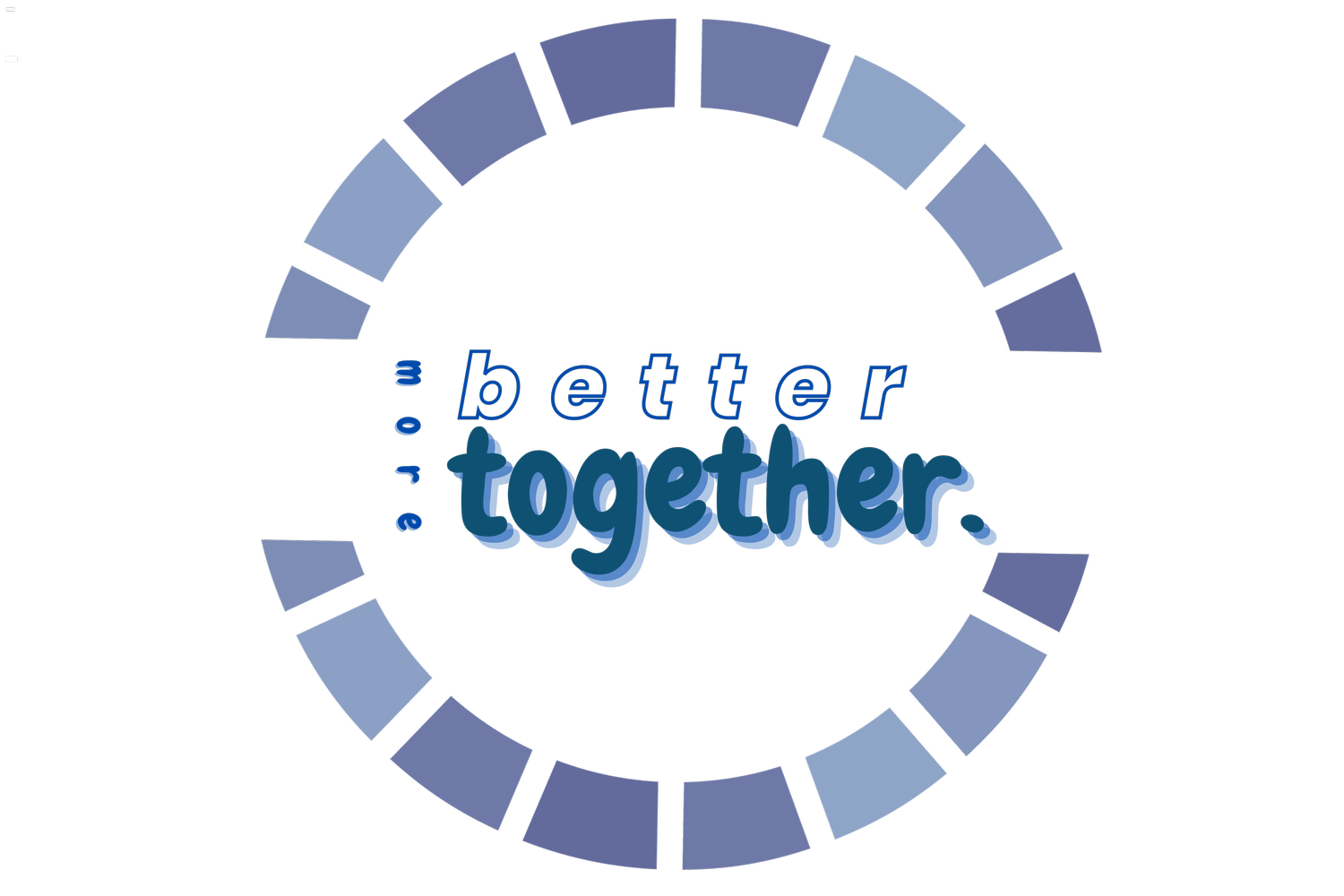Why school leadership and student critical thinking need a desperate do-over…
For many people in the world, the idea that education is not changing at the same rate as the rest of the world became more apparent at the start of the coronavirus pandemic. Grant Lichtman argues that the hierarchical systems that govern education and other organizations (military, political, business, etc.) don't work in times of rapid change, and thus need to be overhauled.
"What has started to replace that are vastly more distributed systems of leadership," Lichtman says. This results in more timely decision making and a more collaborative environment with more room to try new things, more freedom to fail, and the opportunity to take ownership of and learn from those failures.
Lichtman stresses that things like civil discourse and empathy should be made a priority in the curriculum. "We as educators and we as parents should be focusing enormous amounts of effort on helping our students to understand things like the nature of truth, objective reality, who to listen to, what is the difference between an expert and a person who just has a large social media feed?"
Grant Lichtman is an internationally recognized thought leader in the drive to transform K-12 education. Based on three decades of work with more than 200 schools and districts, he helps school and community teams build capacity and comfort with innovation in response to a rapidly changing world. His books include: Thrive: How Schools Will Win the Education Revolution; Moving the Rock: Seven Levers WE Can Press to Transform Education; and #EdJourney: A Roadmap to the Future of Education.
----------------------------------------------------------------------------------
TRANSCRIPT:
GRANT LICHTMAN: The need that we've recognized going back two or three decades at least is rooted in one fundamental issue. The world is rapidly changing around us and the system of education has not. That concept that the world is rapidly changing around us was largely a theoretical construct for most people in the world until about eight weeks ago. Suddenly, many people in the world understand the concept of exponential change. It's not just about the exponential changes in technology, but there are many things in the world around us in our economic, social, political, environmental systems that are experiencing that rate of exponential change. And now with this pandemic we know what that means. So, what's been pushing education to change has been that need to meet different challenges in the world around us. Many complex systems in the past when the world wasn't changing as quickly have been pretty successful with sort of traditional organizational structures that are largely vertical and largely hierarchical where a leader, the role of a leader is to tell the next group down, the next layer of hierarchy down what to do. They tell the next layer of the hierarchy down what to do, et cetera. And that was typical of large corporations, of the military, of political systems. It's certainly been typical of schools. Superintendent tells the principals. The principals tell the division leaders. The division leaders tell the department chairs. The department chairs tell their faculty and the faculty then direct the students.
In times of rapid change we know that system doesn't work. It just doesn't evolve quickly enough. Decisions are not made quickly enough. By the time a decision is made the world has changed beyond us and we're experiencing that today with the pandemic crisis. What has started to replace that are vastly more distributed systems of leadership, where a good principal says to her faculty, 'I'm not going to tell you everything you need to do. I trust you. I believe you. Work together, collaborate, try stuff. If it works great, we'll carry forward. If it doesn't work we'll recognize the failure, we'll iterate, we'll shift the practice based on that experience.' And that's what we've seen explode in the last couple of months because we can't control everything that's going on in education right now. We've had to allow our teachers and our students to take much greater ownership of leading from where they are. So if there's one element around leadership that has certainly helped with these schools that have been able to transform over the last several years it is that the leaders become managers of change, not directors of change.
